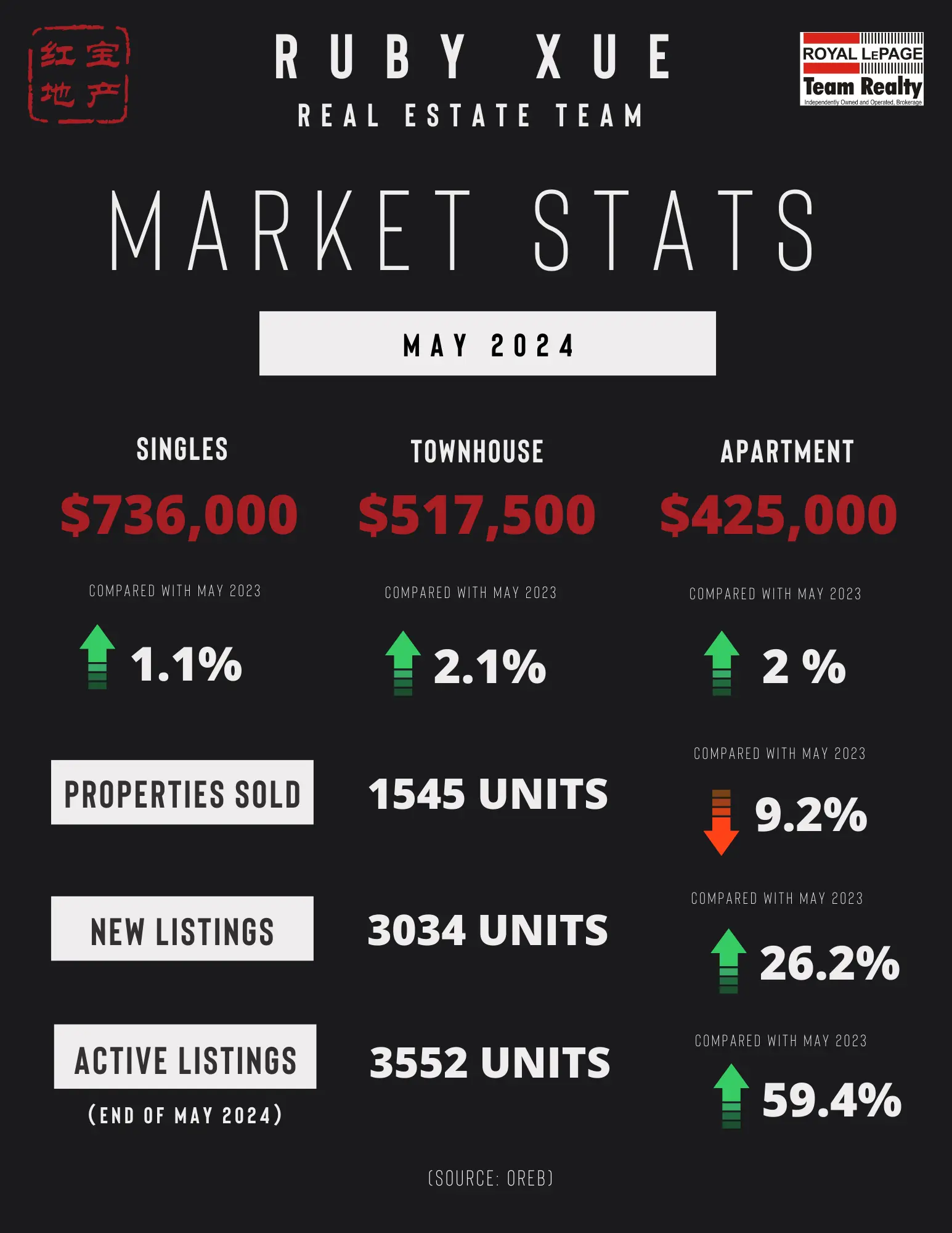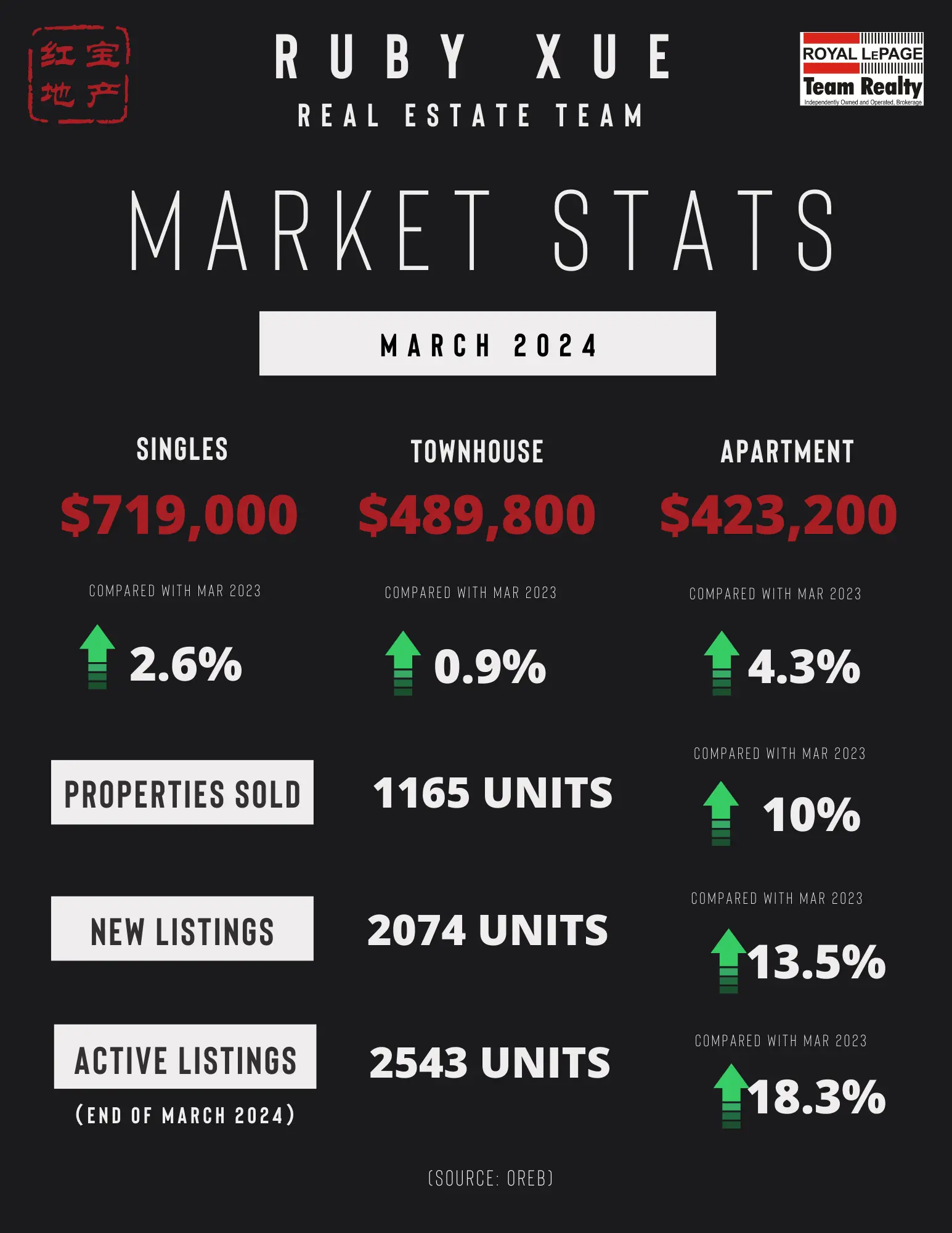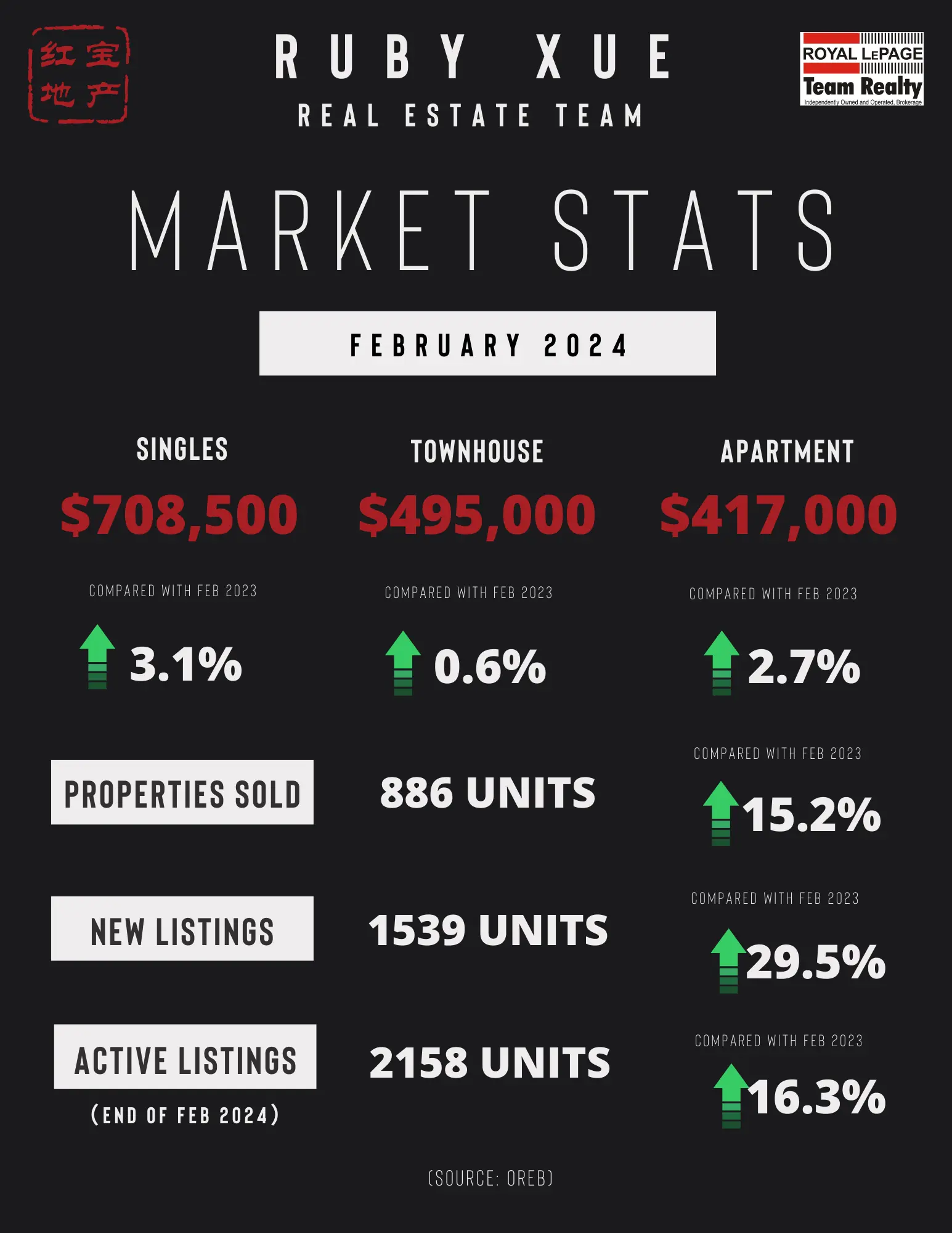Posted on
March 27, 2024
by
Ruby Xue薛如冰
纵观渥太华2020-2021年的房市,真的可谓是风生水起。几年前在渥太华100万能买到的房子已经可以跨进豪宅的门槛。现如今,感觉150万才算豪宅入门,200万以上的才可以在面积和做工上看出和普通房子的区别,300万以上的才会有耳目一新的感受。
虽然这个价格对于多伦多,温哥华等城市来说算是普通居民房的价格,但是在100万人口的中型城市渥太华来说,这个价位已经迈入豪宅的范围。
很多客人都会问我,渥太华最贵的房子都在哪?那么今天我来总结一下,根据目前(2021年11月)的成交纪录来排名的,渥太华几个标志性的豪宅社区如下:
TOP #1 : ROCKCLIFFE PARK
房屋均价:$2,890,626; 渥太华唯一一个不靠占地面积,不拼房屋状态的区,得来全靠扎实的名气。Rockcliffe Park位于渥太华市中心国会山东北方向约5公里处,是渥太华最有历史背景和文化底蕴的高尚社区。 一百多年来,这个地区居住过众多的达官贵族,富商巨贾,各国的使馆也纷纷在此区设立官邸,让这个区成为渥太华首屈一指的贵族社区。小区内环境郁郁葱葱,没有外界车流及商业,有的是天然优美的环境及配套的人文设施。著名的McKay Lake可以让居民在夏天游玩,名列前茅的Rockcliffe Park小学和图书馆,渥太华的两所最著名的私校也都这里在这个区内。 TOP # 2 : MANOTICK 房屋均价:$1,796,214
Manotick 位于渥太华的正南端,曾是个周边的小镇,近些年由于城市的边缘一直在扩散,导致现在的Manotick小镇几乎和居民密集的Barrhaven连接,随之而来的是这个区域的大地豪宅市场活跃起来,目前是周边几个豪宅区无论从成交量以及成交价都是最高的区。
这个区内最著名的小区要数Rideau Forest,平均2 Acre的占地面积,郁郁葱葱的植物覆盖率,若隐若现的大宅隐藏在森林的各个角落中,居民卧虎藏龙,一说你住在Rideau Forest, 所有人都会知道你家是豪宅的区。Rideau Forest均价目前$1,909,170,今年出的房源几乎都被一抢而空, 想进这个区的买家一定要看紧了。
TOP # 3 :ORCHARD /CEDAR HILL
房屋均价: $1,694,741 这个区最大的特点是地理位置优越,在电商大王Amazon及零售巨头Costco的马路对面,交通四通八达,并环绕高尔夫球场。能在人口密集的小区内拥有一栋宽阔占地的大宅,这个优越感就带出来了。 小区起源于1980年代,内装风格大多数待更新, 但由于这个区的地理位置超方便,近些年很多买家或屋主去做内装翻新,目前的价格上升的很快,预测这个区在近些年会有很强劲的潜力。
TOP # 4: ROTHWELL HEIGHT 房屋均价:$1,583,462 这个区位于渥太华市中心以东大约15公里,靠近渥太华河的一块区域。Rothwell Heights 是渥太华最负盛名的街区之一,该社区提供宁静和放松的乡村庄园生活,同时拥有市区的所有舒适和便利。 近些年不少翻建的豪宅出现,如果不想离市区太远又想享受豪华的居家生活,不妨考察一下这里。
TOP # 5 :GREELY 房屋均价:$1,417,485
这个区紧邻上面介绍的区Manotick, 位于渥太华南偏东大约30公里处。Greely多年前大部分是农田,随着城市的发展很多农地被重新定性分割,造就了不少1-2 Acre占地的新兴小区。这个区目前豪宅的成交量较高,由于房源又新又豪华,比较受华人买家的青睐。
并列第5的是Manor Park, 房屋均价是 $1,417,031。 这个小区紧邻渥太华豪宅的大哥大Rockcliffe Park, 其房屋密度稍大,绿植的覆盖率也低一些,所以价格和档次比Rockcliffe差了些档次,但是翻修和翻建也有市场,华人居民不多。
TOP # 6: RURAL KANATA 房屋均价 $1,402,290
这片区域紧邻渥太华的硅谷Kanata,以前也是以农地为主,特征和上面的Greely很像,农转非的一些小区带动了整个区的均价。由于其距离大型居民区Kanata仅20分钟内车程,很多喜欢大宅又需要方便去Kanata的买家选择买在这个区。
经典老区翻建房
以上是渥太华几个有标志性的豪宅社区,除了这些城市外围的占地面积比较大的豪宅,市区内还有一些经典社区的翻建房也完全是在豪宅的价格区间内,这些房子所针对的人群属性和功能性和大宅不同,下面我们来看一下最多翻建的几个区的独立屋均价:
WESTBORO $2,029,508
ALTA VISTA: $2,112,500
ST.CLAIR GARDEN: $1,554,980
GLEBE: $1,518,065
水边房
渥太华的水边房也一直是稀缺资源,离市中心能在驱车1小时内的,又是背靠河岸线的房源,价格也肯定会步入豪宅之列。下面我们来看一下几个带有河岸线的,成交均价较高的区:
CRYSTAL BEACH $2,565,000
MANOTICK: $2,071,429 ROCKLAND: $1,748,750
DOROBIN: $1,640,750
以上信息由渥太华红宝地产整理归纳,数据仅供参考,有个别的区虽然没有被提名, 但也会有不错的房子,如果您有购买或出售豪宅的需要,欢迎随时联系我们,红宝地产有专业并全职的地产经纪为您提供一对一的服务。
(以上图片均来自于GOOGLE 和渥太华地产局,以上物业均价均为区域内成交价在一百万以上的物业的平均价格)
(本文由渥太华红宝地产团队原创,如需转载请标明出处)





















